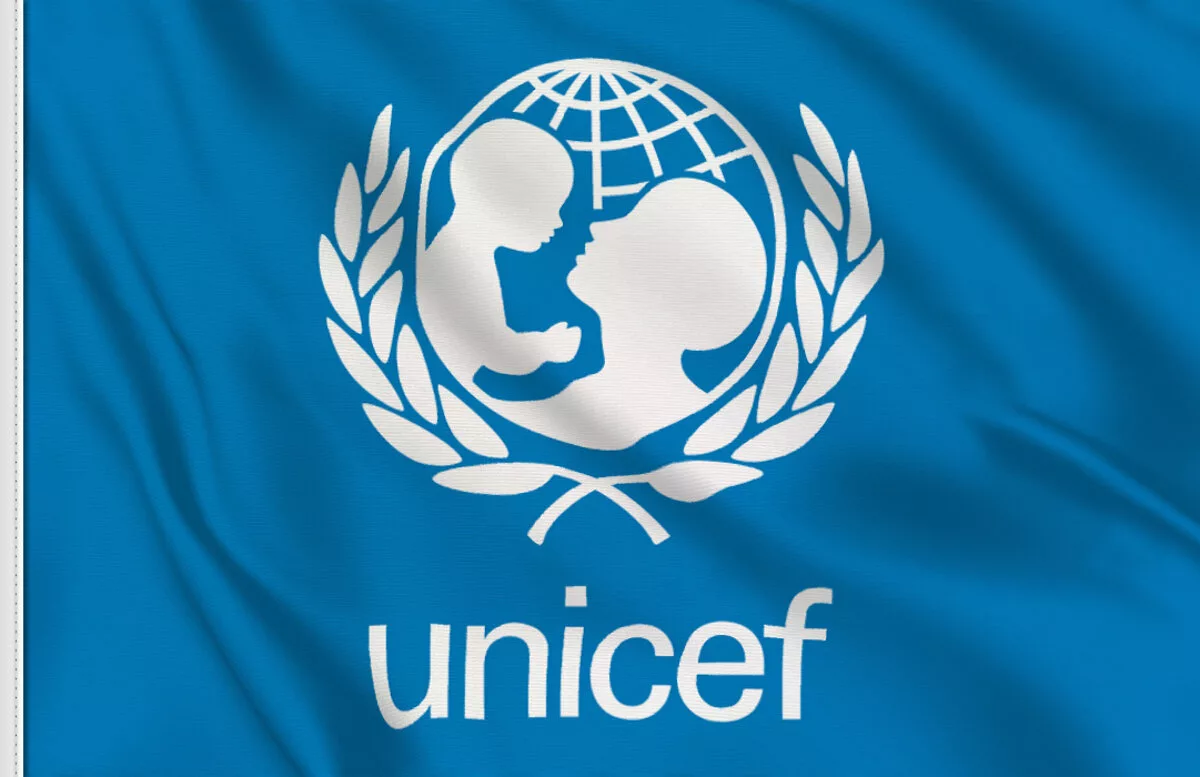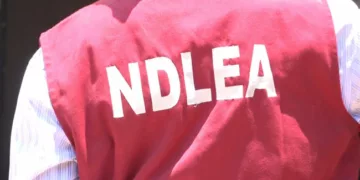The United Nations Children’s Fund, UNICEF, has expressed astonishment over the country’s sanitation challenges.
This is even as they revealed that over 95 million persons lack access to essential sanitation needs, coupled with 48 million practising open defecation, out of which 18 million are underage.
This was made known by the Chief of Field Office, UNICEF Enugu, Dr. Olusoji Akinleye, during a Zonal Meeting Dialogue on 2024 World Toilet Day by UNICEF with the theme “Toilets: A Place for Peace.”
Dr Akinleye explained that this year’s theme “stressed how inadequate sanitation systems affect the populace and shows how sustainable sanitation is essential to a healthy and stable society.
He said, “The day is intended to raise awareness on the importance of toilet facilities, especially among the myriads of people globally living without access to safe toilets. World Toilet Day contributes to the ‘Countdown to 2030′ accelerating action to tackle the global sanitation crisis and achieve the Sustainable Development Goal, SDG 6: water and sanitation for all by 2030.
“As we reflect on this theme, it is crucial to acknowledge that globally, 3.5 billion people do not have access to safely managed sanitation services. This alarming number underscores the urgency of our collective efforts. In Nigeria, the situation is even more critical. While some progress has been made recently, less than three out of every five population members have access to essential sanitation services.
“This translates to about 95 million people lacking access to essential sanitation services and 48 million people practising open defecation, out of which 18 million are children.
“Our public facilities demonstrate the lack of access to sanitation services as 70 per cent of schools, 88 per cent of health facilities, and 80 per cent of markets and motor parks do not have basic sanitation services.”
He submitted that the impact of this situation is felt in society, and the risk of waterborne diseases rises as a result of water sources being contaminated,
Dr Akinleye explained that our communities’ resilience weakens due to avoidable expenses on treating these diseases, and student’s ability to learn maximally is reduced due to health-related school absenteeism.
He said, “Girls face unique challenges, especially during menstruation when they are more vulnerable to infection, and that can lead to increased absenteeism, limiting their educational opportunities.
“Addressing these challenges is a priority for UNICEF, as we work tirelessly to support safe, inclusive, and sustainable sanitation solutions.”
Dr Akinleye called on stakeholders to intensify their onslaught on hygiene and a clean environment. The world body highlighted that “this campaign is a call to action, a moment to pledge and increase investments, implement strategies, and champion innovations that bring us closer to achieving universal access to sanitation by 2030.
“UNICEF stands ready to support this journey. We also recognise the vital role that our youth and community leaders play. Initiatives led by school WASH clubs and community advocates are essential for driving change. We ask the media to keep promoting actions that promote good hygiene and inspire the population to uphold the principles of basic sanitation.”
Speaking, the WASH Specialist, UNICEF Field Office Enugu, Mrs Rebecca Gabriel, called on the government to charge sanitation as a first-line service and establish a mechanism for adequate funding to end open defecation across the country.
She called for a change of attitude toward issues related to sanitation and a decent environment. “We all have a collective responsibility to end open defecation, and we must make accelerated efforts to meet the 2030 SDGs.”
In her contribution, the Communication Officer, UNICEF Enugu Field Office, Dr Ijeoma Onuoha-Ogwe, put the objectives of the conference in perspective and highlighted the positive gesture the media displays to sensitise the populace to enhanced sanitation, aimed at arresting the ugly trend of open defecation in society.
.
We’ve got the edge. Get real-time reports, breaking scoops, and exclusive angles delivered straight to your phone. Don’t settle for stale news. Join LEADERSHIP NEWS on WhatsApp for 24/7 updates →
Join Our WhatsApp Channel










